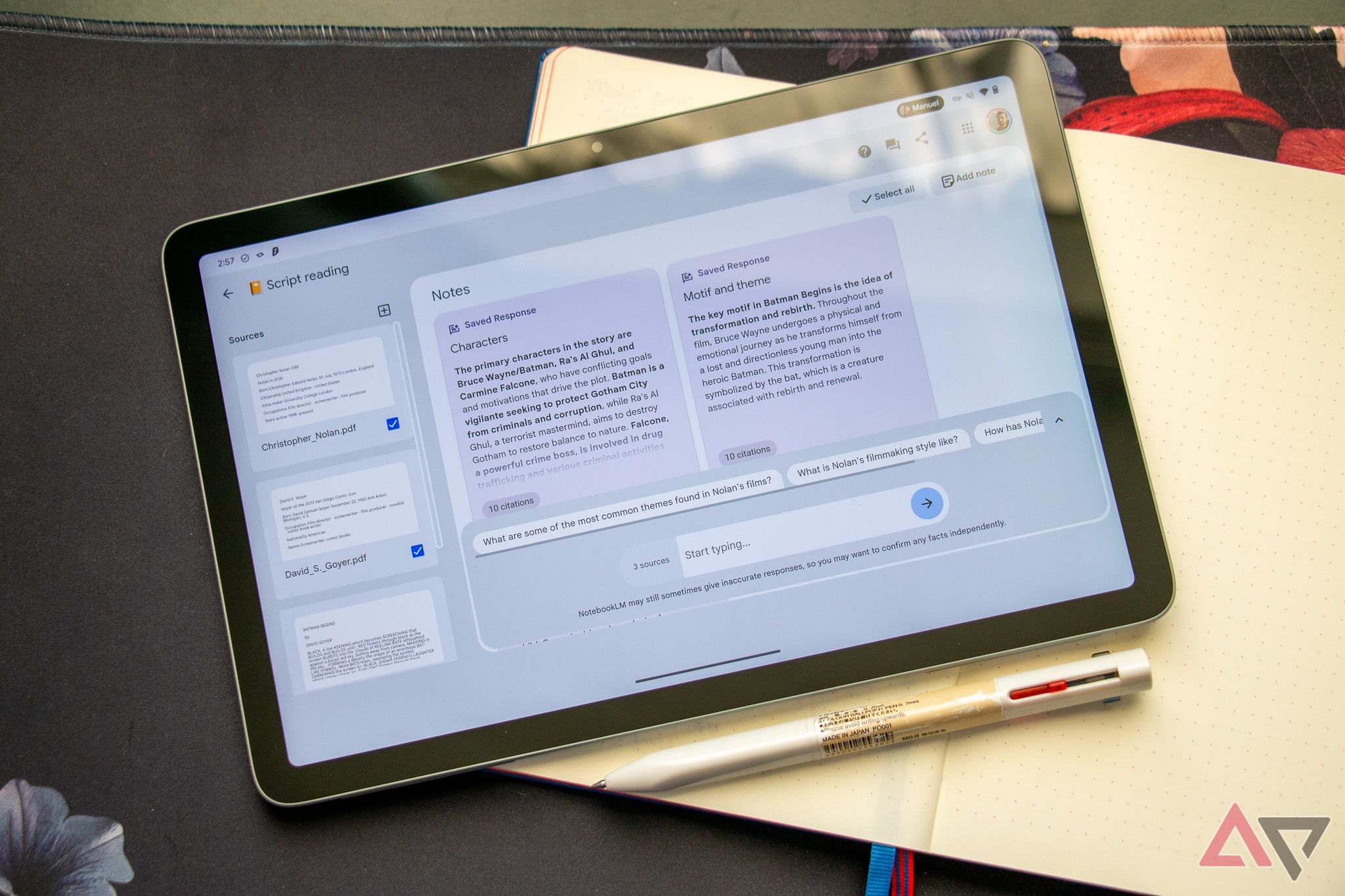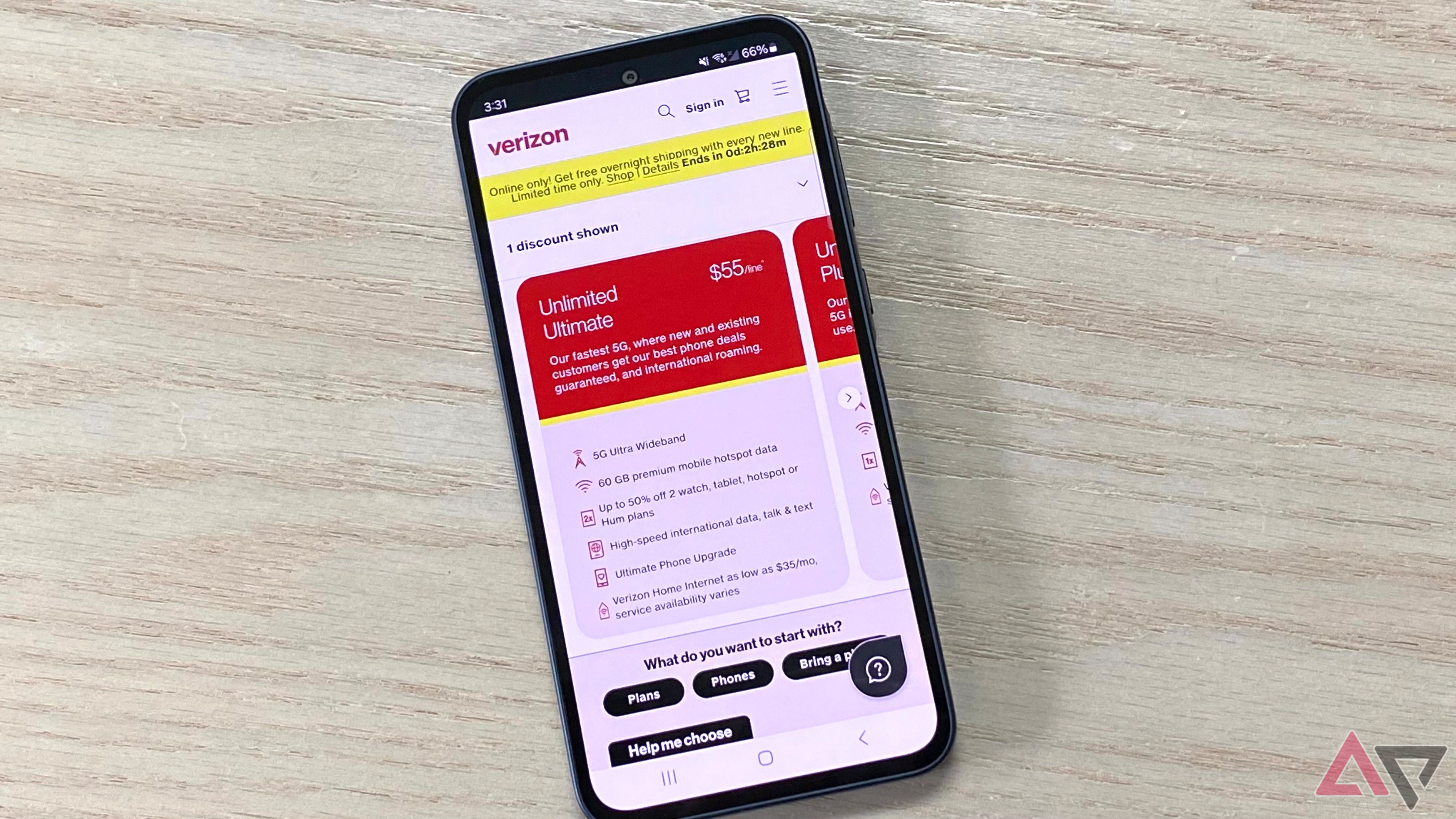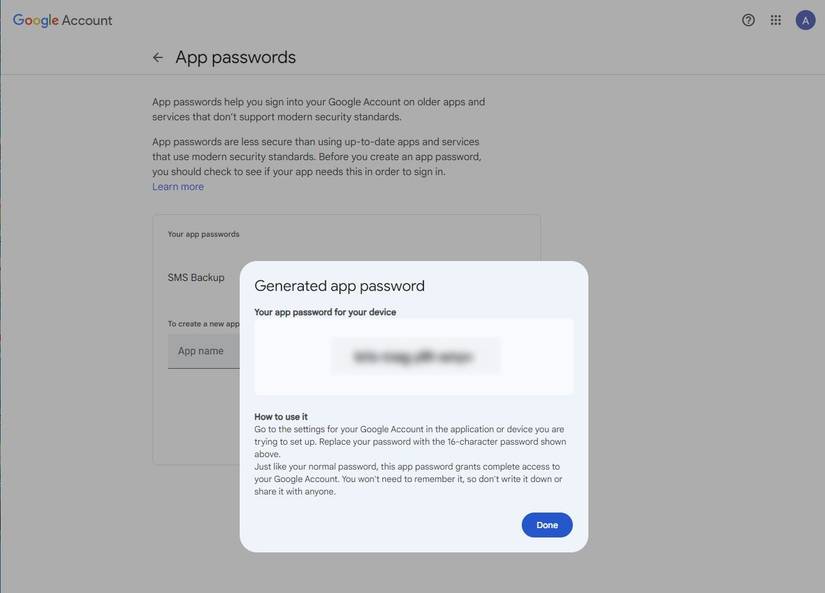Sometimes, buying a phone outright doesn’t make it immediately yours. If you’ve bought or leased a phone from a carrier, that device will often be “locked”, meaning it can only be used on a certain carrier — at least, until it’s unlocked. At the moment, Verizon is required to unlock its phones after 60 days, meaning the carrier has a scant two months with you before you’re able to go elsewhere.
Verizon wants this to come to an end, and has petitioned the FCC (Federal Communications Commission) to allow it to set its own locking policy, and not be bound by the 60 days it’s currently tied to. And one other big carrier has thrown its weight behind Verizon’s attempt, but perhaps not in a way that Big Red wants.
Verizon is bound to the 60 day requirement at the moment
It’s easy to understand the reasons behind locking a phone. If a carrier has sold you a phone, it wants you to use that phone on its network and continue paying it for the privilege of doing so. Sometimes, carriers will discount the price of handsets or offer specific deals, just to get you on board. All of that is time and money wasted if you jump ship to a cheaper carrier shortly after buying your device.
But on the flip side, it’s not right for your phone, which you have bought, to be forever stuck on a single carrier. Verizon is currently required to unlock handsets 60 days after purchase, which it has been bound to since 2007, when it acquired the 700MHz spectrum. This requirement was then doubled down on in 2021, when Verizon purchased Tracfone.
However, Verizon now believes the 60 day unlock timer is unfair in the current, where it claims to be consistently losing customers to other carriers. The implication is that customers purchase a device from Big Red, wait 60 days, and then move to a carrier with a potentially lower cost or other bonuses. Verizon must see that as business lost due to the 60-day policy.
As a result, Verizon has petitioned the FCC to change the unlock requirement and allow it to set its own unlock policy, like other carriers can. The FCC will vote on this proposal on July 24.
However, Dish, the company behind Boost Mobile, weighed into Verizon’s request, but perhaps not in a way Verizon would like.
Is it time for a national unlock policy?
Dish, while seemingly not against Verizon’s request, commented to say that rather than Big Red being allowed to set its own unlocking policy, there should be a single policy that binds all US carriers.
This is perhaps a surprising move from Dish, as its own unlock policy goes up to a year, far longer than Verizon’s 60 days. Either Dish is confident that its own unlock policy will be close to a potential national unlock policy, or the idea of a level playing field is far more valuable to it.
Either way, a national policy does not appear to be on the table yet, though support from a company like Dish will mean the idea may gather traction in the coming years. For now, we’re all waiting to see what the FCC decides where Verizon’s unlock policy is concerned.
Verizon
Verizon, one of the “big three” carriers in the US, offers prepaid and postpaid plans, across the entire country. It maintains and builds its own network too, giving it exceptional coverage and speed.





